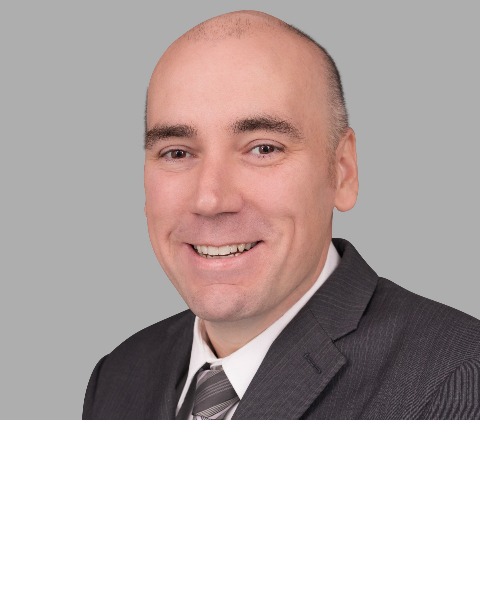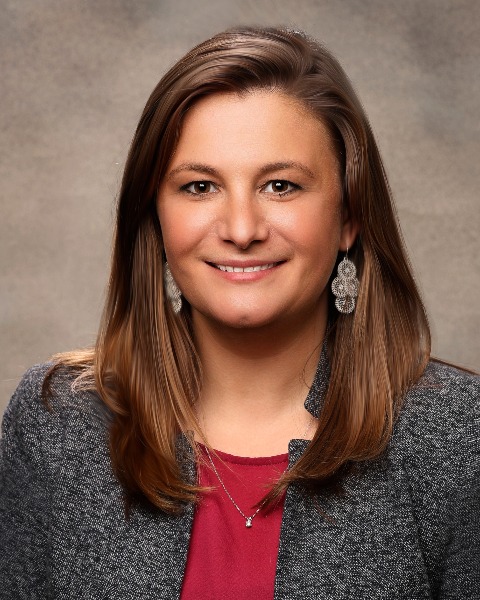Delivery of Care
Wicked Problems Call for Spiritual Solutions (94H)
Patient satisfaction and workforce challenges rank in the top 10 concerns for healthcare organizations, according to a recent ACHE survey. While leaders have implemented various initiatives to address these issues, an underutilized resource lies in leveraging spiritual care providers as part of the overall strategy.
This session explores how integrating spiritual care services can drive key strategic objectives. Through empirical data and case studies from major health systems, this session will demonstrate the quantifiable impact of spiritual care on metrics such as: patient satisfaction scores, workforce well-being and downstream effects. Presenters will delve into specific approaches that healthcare executives can take to embed professional spiritual care providers across clinical teams, leadership councils and organizational structures. Strategies include but are not limited to spiritual rounding programs, mandatory referrals, clinical onboarding and workforce resilience initiatives.
As healthcare navigates the COVID-19 pandemic's enduring impact on the industry, prioritizing holistic patient-centered and staff-centered care is critical. By tapping into spiritual care providers' unique abilities to enhance human experience, organizations can reinforce cultural values, boost workforce engagement and elevate the healing process—ultimately driving success on key performance goals. Through actionable frameworks and real-world examples, this session equips leaders to realize the full potential of spiritual care providers in achieving strategic priorities.
Learning Objectives:
- Demonstrate the quantifiable impact of integrating spiritual care providers on key healthcare metrics.
- Provide specific strategies and approaches for healthcare leaders to embed spiritual care providers across various aspects of the organization to drive strategic priorities and enhance the human experience for patients and staff.

Jason Lesandrini, PhD, FACHE, LPEC, HEC-C
AVP Ethics, Advance Care Planning, Spiritual Health & Language Access
Wellstar Health System
Kelsey B. White, PhD, BCC
Assistant Professor, Chaplaincy Faculty Researcher
Virginia Commonwealth University.jpg)
Laura E. McClelland, PhD
Associate Professor
Virginia Commonwealth University
